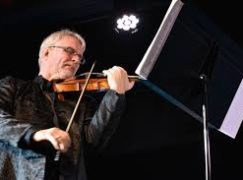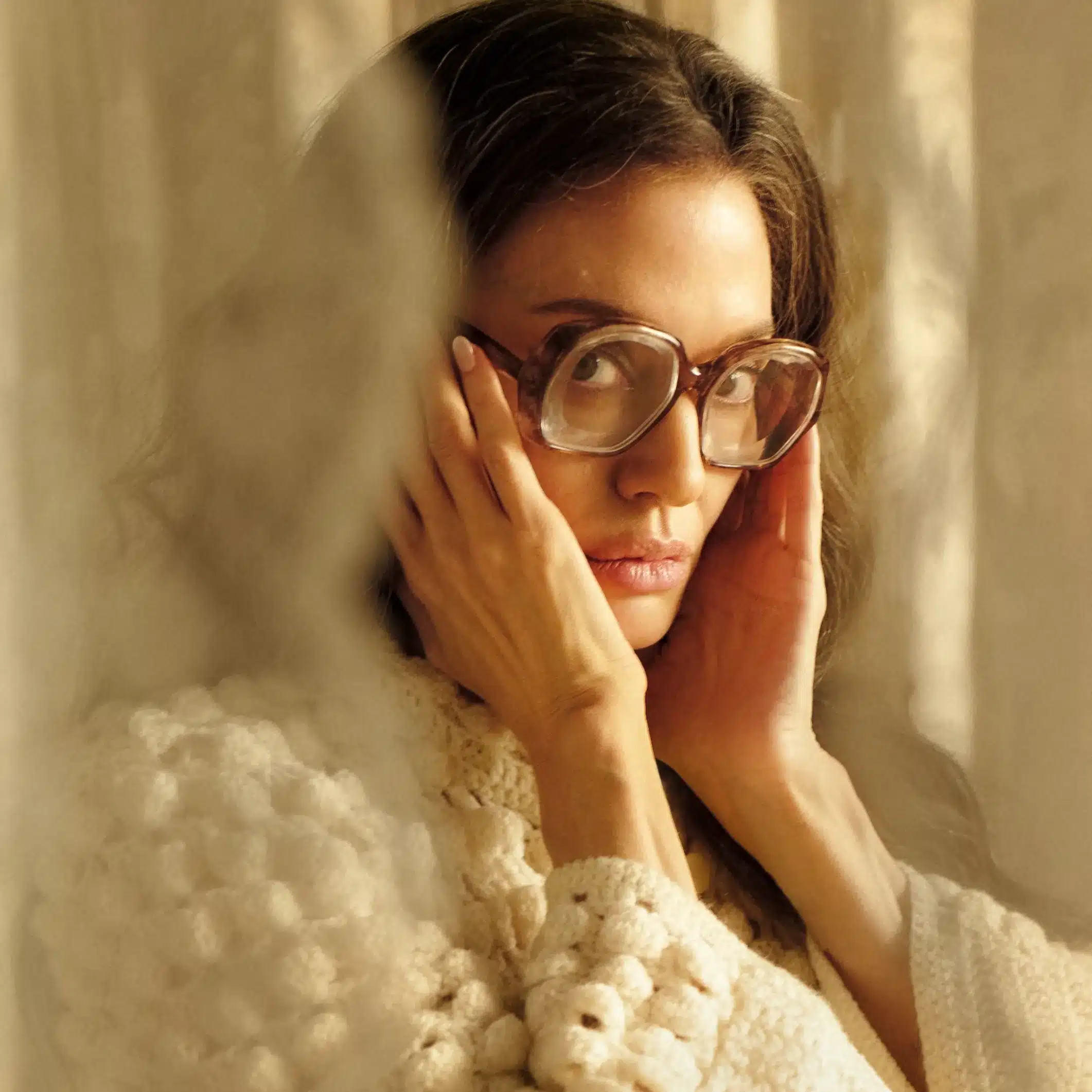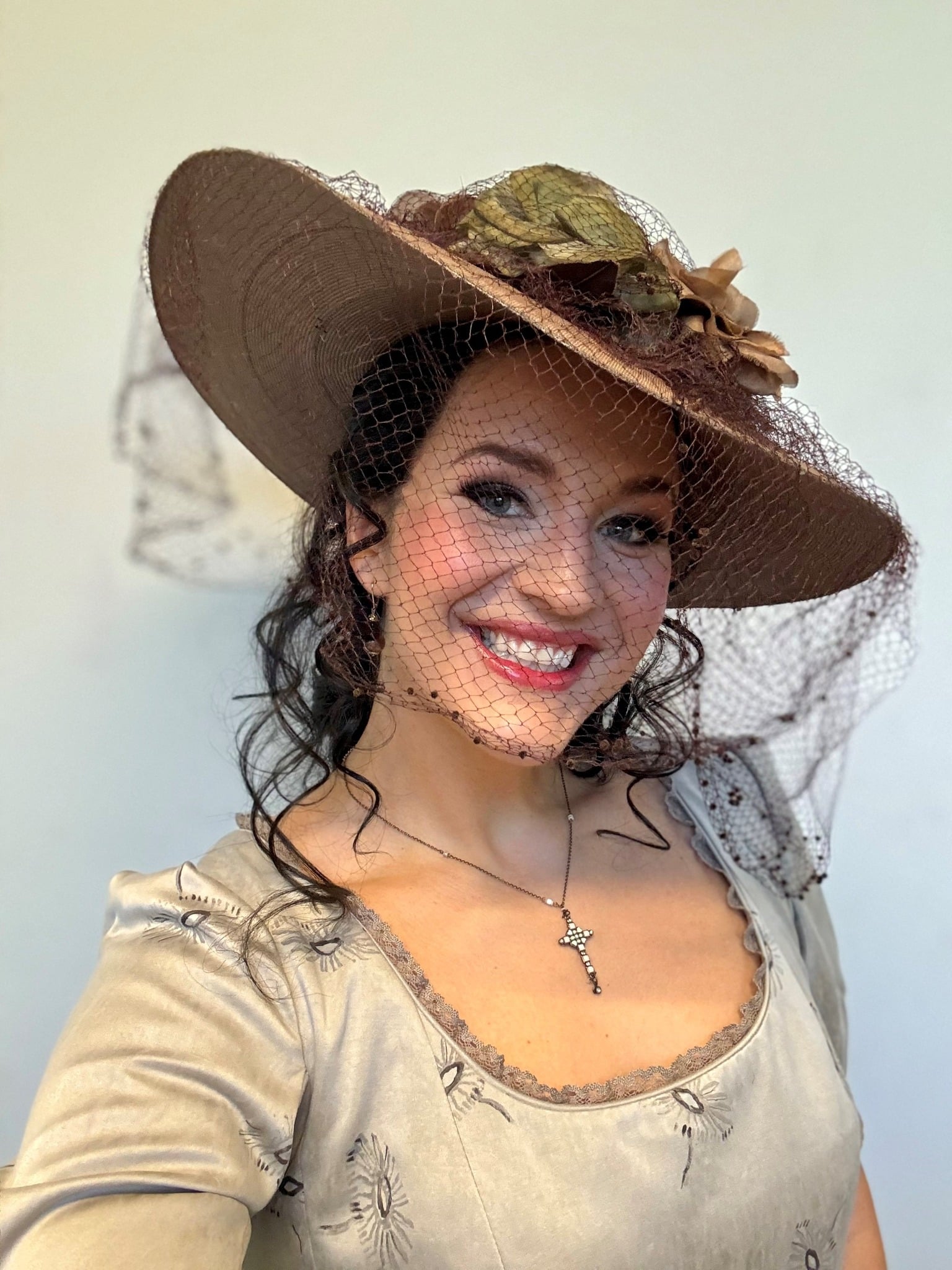Disrupting art – is it ever justifiable?
mainI attach a link to a piece I wrote 17 months ago in the Sunday telegraph after the first guerrilla attack on a London concert by Israel musicians. I have very little to add to it after tonight’s assault on freedom of the arts.





I was going to write that, in fact, it’s not disruption at all, but enhancement; which sounded a little trippy. But I’ve written it anyway.
Would John Cage have thought about this little ‘interruption’ as something to be intrigued about; when would Ligeti’s explorations of extremities have welcomed such a philosophical addition?
In your article you mention that the concert hall is an escape from the realities of politics and hatred and repression (or something along those lines), but isn’t music all about these things? Hasn’t some of the greatest music been achieved as a result of some sort of stress: emotional, political, drug-induced, problems with relationships? The concert hall is the last place to escape. To escape in the concert hall would be to treat music as nothing more than a drug. The concert hall is the very heart of this world where all the great events are played out in artistic creativity – the compositions and their performances are one in this respect.
I’m not moved to support the protesters, but their interruption I found enlightening, in a way I’ve never experienced in a London concert. In my escapist view, there was a humour to be found, just as at the end of a performance a few years ago by the LSO, LSC, and Richard Hickox in Leicester’s de Whatsit Hall, some old dear said loudly during the final chord, “I think this is the final chord.” Interruptions are part of the performance and give a window of freedom.